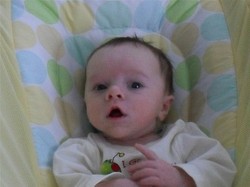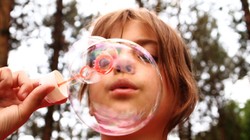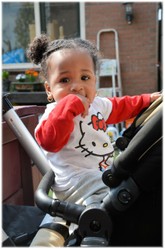Jean Piaget and Lev Vygotsky are two famous researchers on perspectives and theories of Child Development.
Piaget and Vygotsky have a common focus on understanding children's functioning.
They both perceive children as taking an active stand in their own development, and believe in accepting differences, that the same periods of development are experienced by each child, but at different levels; as well as promoting children to learn on their own by exploring and testing their surroundings.











 eFaxon 05/11/2012
eFaxon 05/11/2012
 BNSF's Case of Illegal Genetic Screening in the Workplaceon 01/01/2012
BNSF's Case of Illegal Genetic Screening in the Workplaceon 01/01/2012
 Delicious Cake Recipes From Scratchon 04/03/2012
Delicious Cake Recipes From Scratchon 04/03/2012
 Easy and Delicious Recipes for Newbieson 04/03/2012
Easy and Delicious Recipes for Newbieson 04/03/2012



All Comments and Feedback welcome. Say Hi. Share your thoughts Here.
Natural-Remedies, Thank you for your comment!
I use the principles of Vygotsky's Zone of Proximal Development often in providing OT services to children, mentoring OT assistants, and teaching OT assistant students.
Thank you, JD Kimball!
I like your article. It takes me back.I'm trying to remember my student teaching block in 1991. I think it was Vygotsky that influenced me the most. My teaching is largely based on beliefs that learning is social, as it seems to me that when children can talk with their peers during lesson practice, engage in role playing,singing the lesson and etc. they retain and internalize more of the lesson.